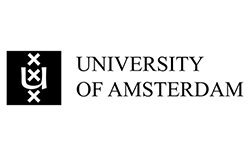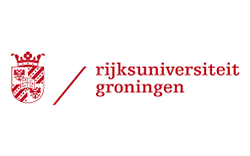Why Students Choose to Study in the Netherlands?
About the Netherlands
The Netherlands, often referred to as Holland, is a progressive and innovative country in Western Europe, known for its picturesque canals, windmills, and tulip fields. Beyond its scenic beauty, the Netherlands is a global leader in education, research, and innovation. With a strong emphasis on internationalization, Dutch universities offer a wide range of English-taught programs, making it a top choice for international students seeking high-quality education in a multicultural environment.
Why Study in the Netherlands?
The Netherlands is renowned for its excellent education system, which combines academic rigor with practical learning. Dutch universities are consistently ranked among the best in the world, offering programs that emphasize critical thinking, creativity, and collaboration. The country is also known for its welcoming and inclusive society, making it easy for international students to adapt. Additionally, the Netherlands’ central location in Europe allows students to explore neighboring countries like Germany, Belgium, and France.









